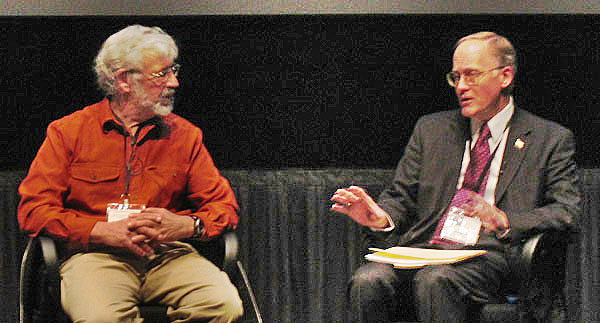-=o=-
THERE ARE BETTER THINGS THAN FULL
COVERAGE
